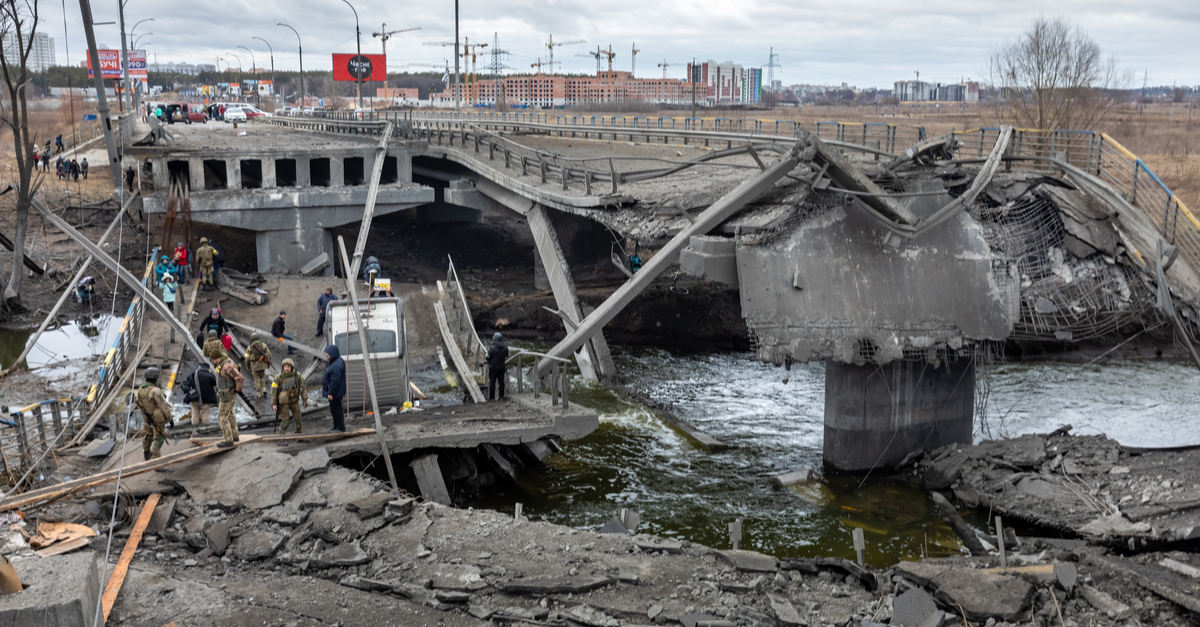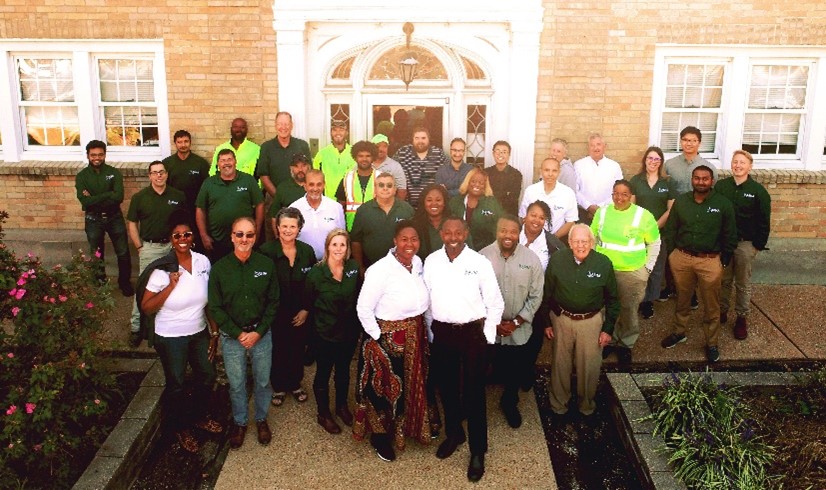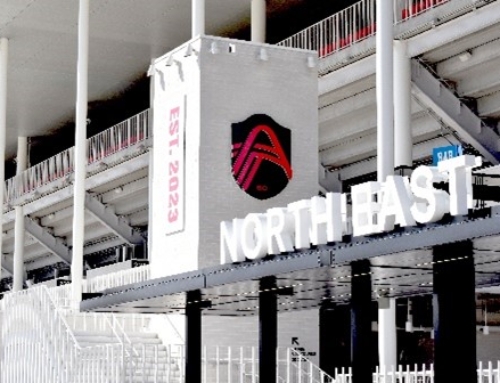“Our clientele is everyone who utilizes public and industrial infrastructure including sewer pipelines, roadways, airports, mass transit and desires to drink clean water and breathe clean air.”
—Abe Adewale PE, Principal/CEO at ABNA
Although civil infrastructure—which includes roads, water distribution systems, and public transportation networks—is literally all around us, it is easy to take for granted, especially when it is functioning effectively. Yet, the engineering solutions that provide clean water, move traffic safely, provide well-designed roads and bridges, manage storm and wastewater, and provide energy are the foundation on which the high standard of living of modern societies depend. Recent events remind us just how severely extraordinary stresses can damage this foundation.
On Friday, March 24th, for example, an EF-4 tornado estimated to be three-quarters of a mile wide tore through western Mississippi. Over the course of more than an hour the tornado destroyed infrastructure and homes in the area with twenty-five confirmed lives lost and entire towns such as Rolling Fork left in ruins. Through the following weekend, nearly 15,000 households were without power. Local and federal disaster relief programs are committed to helping rebuild the affected areas but anticipate it will be a lengthy and complex process.
While the devastation in Mississippi is especially tragic, natural and man-made disasters present a constant challenge to civic infrastructure throughout the United States and throughout the world. In 2022 alone St. Louis and Chicago, two of ABNA’s core communities, experienced infrastructure disruptions due to severe storms, heavy snowfall, and widespread flash flooding. Globally, the ongoing conflict in Ukraine, which began in February of 2022, illustrates the fact that human activity can damage vital infrastructure as extensively as the most catastrophic natural disasters. A recent estimate puts the damage to Ukraine’s infrastructure, including 25,000 kilometers of roadways and 344 bridges and overpasses, at $36.2 billion.
Furthermore, infrastructure challenges are not limited to extraordinary events such as severe weather or military conflict. Routine deterioration of amenities such as roadway and traffic structures, rail lines, and water delivery systems can lead to profound disruptions of daily life. The failure of the water system in Jackson, Mississippi in August of 2022, for example, reminds us that building, repairing, and maintaining reliable infrastructure requires a substantial and continuous investment of effort and expertise by civil engineers, surveyors, and technicians.
Infrastructure damage often leads to lives lost, injury, illness, and short-term and permanent displacement. Less immediately, destroyed or damaged infrastructure can cause long-term adverse health outcomes including diminished life expectancy, halt or reverse economic development, and compromise national security. For these reasons, a sustained commitment to constructing and maintaining high-quality, durable infrastructure is not simply a commitment to our built environment, it is a commitment to the health and safety of our families, friends, neighbors, and fellow citizens. At ABNA we are committed to doing our part to help ensure the wellbeing of our communities through outstanding Civil Engineering, Land Surveying, and Construction Management Services.








